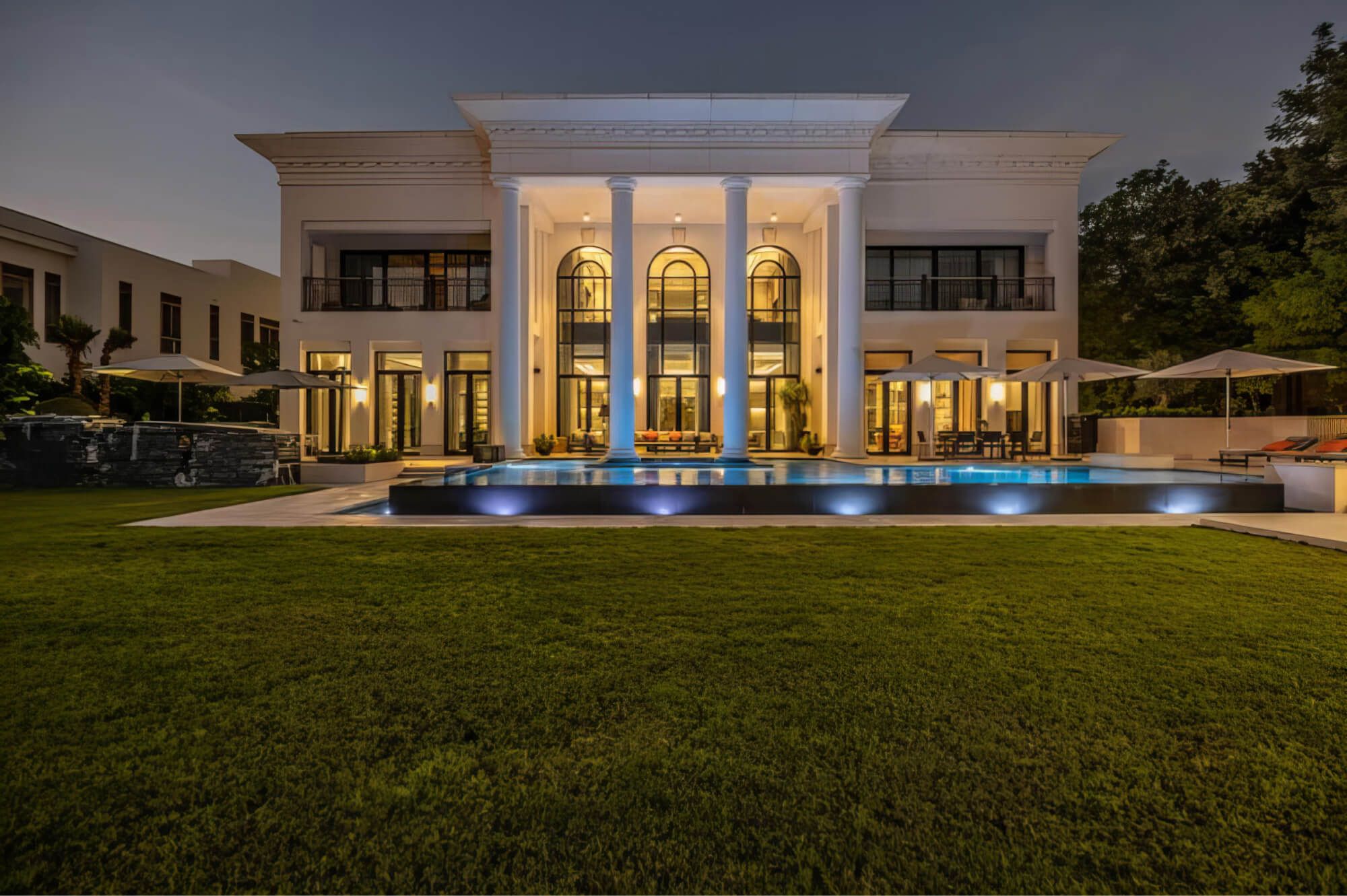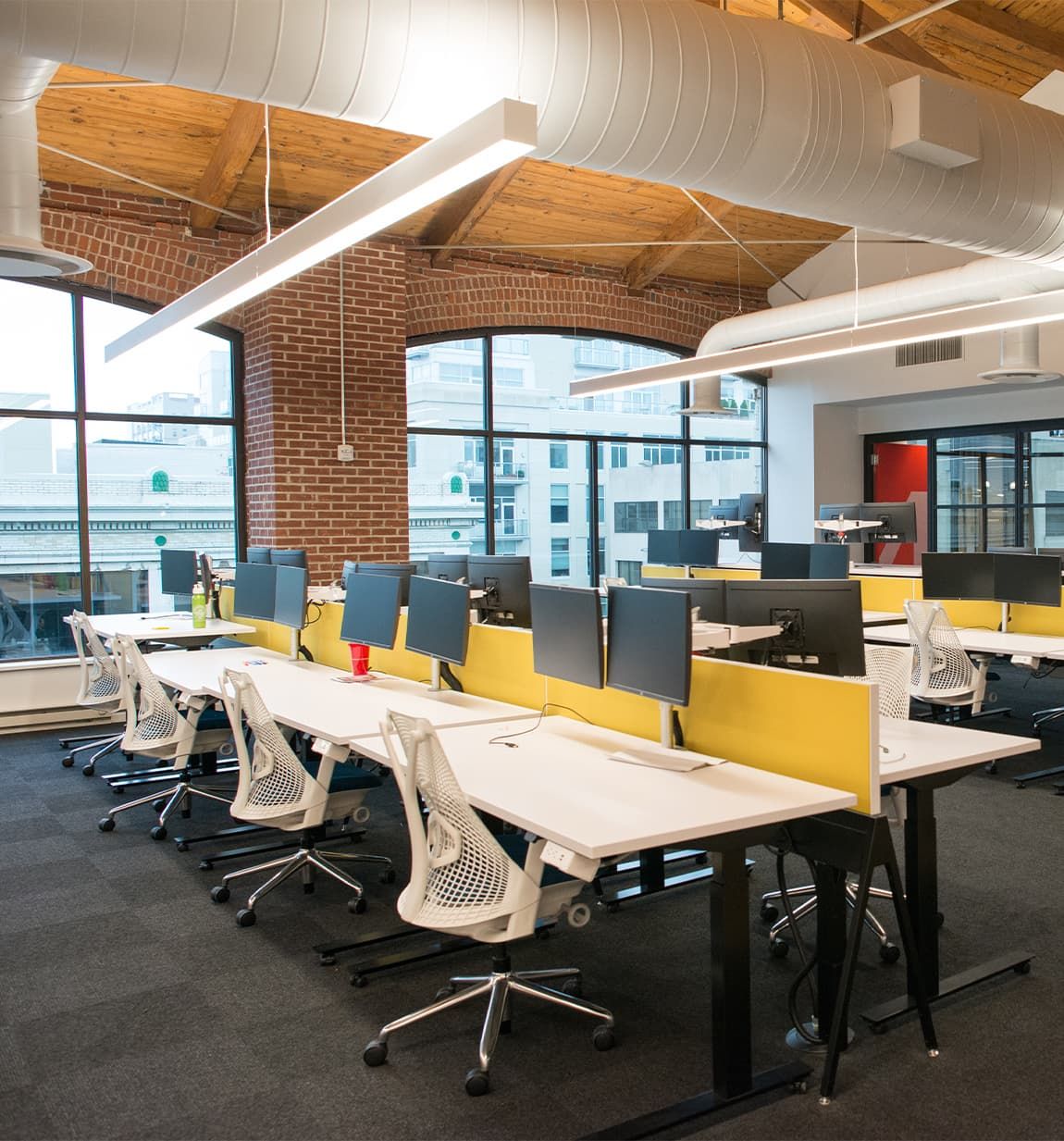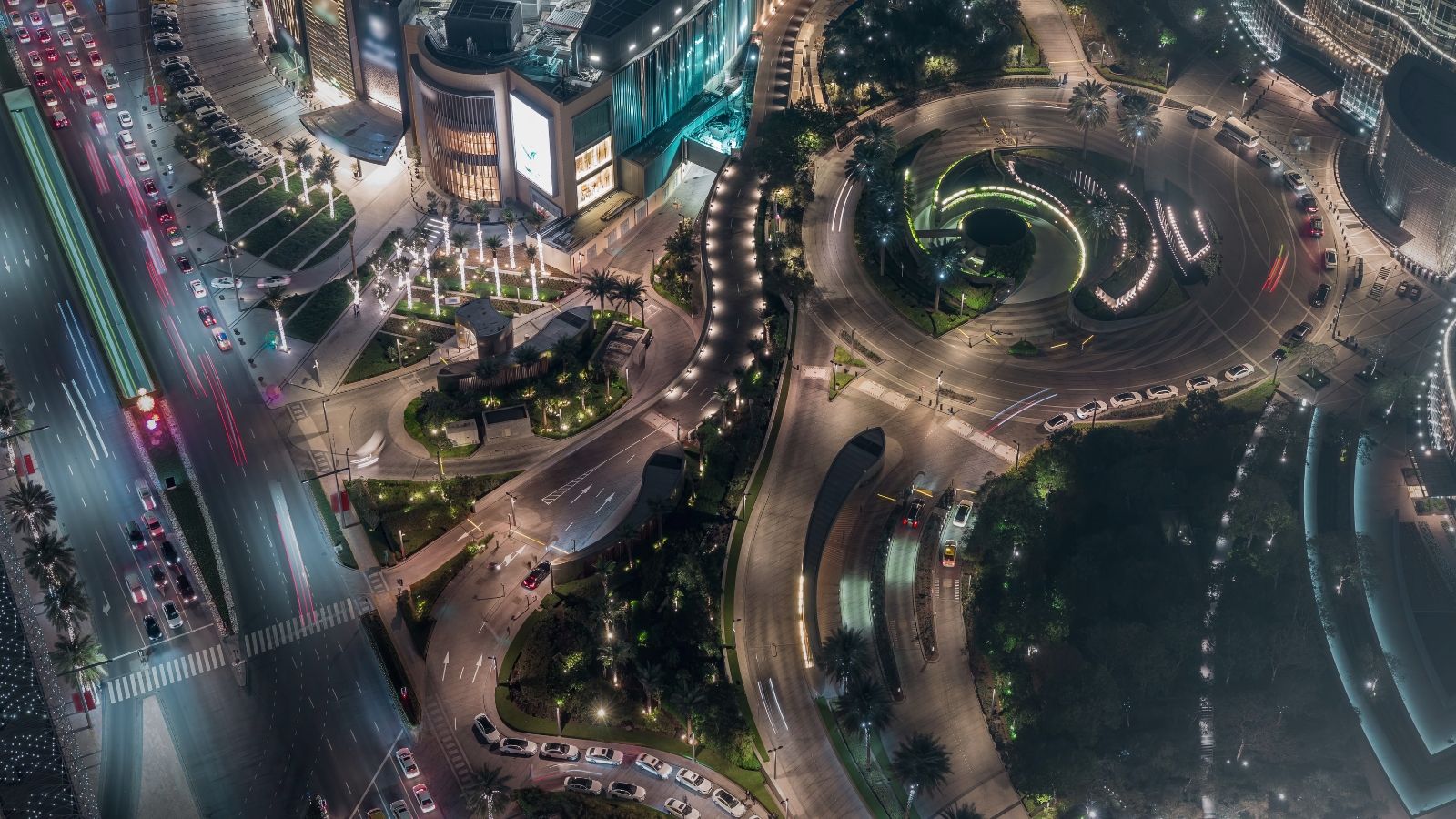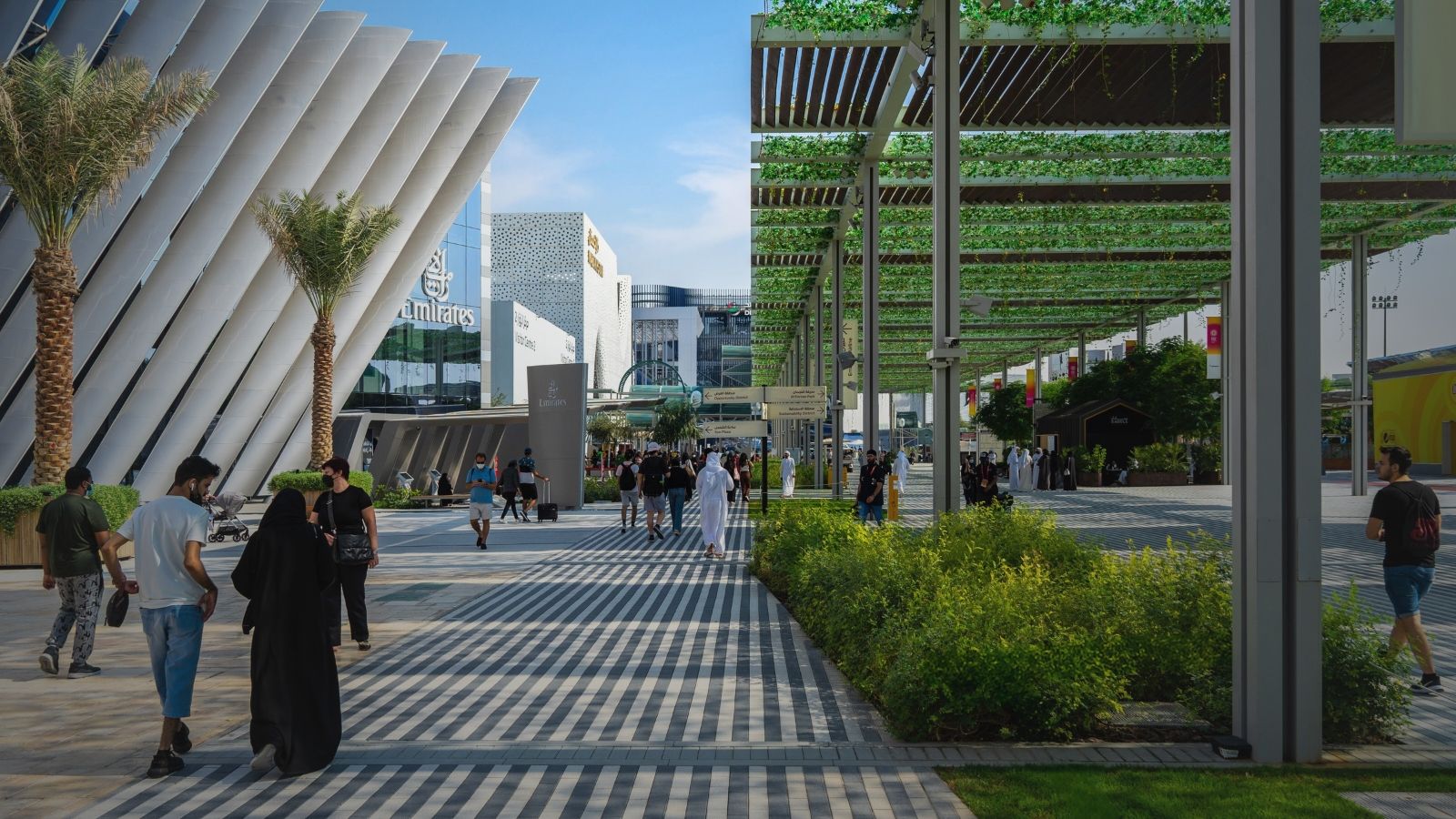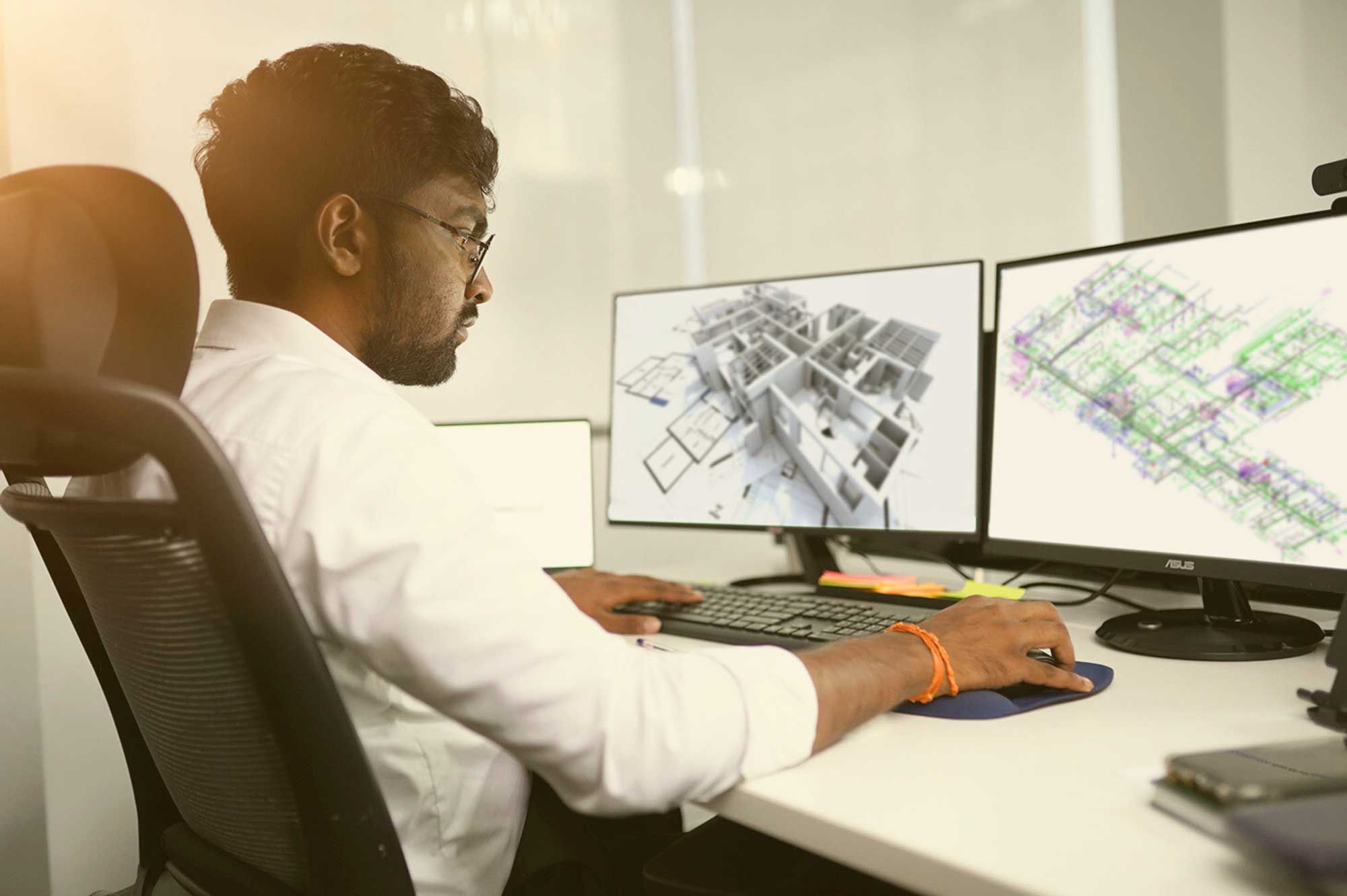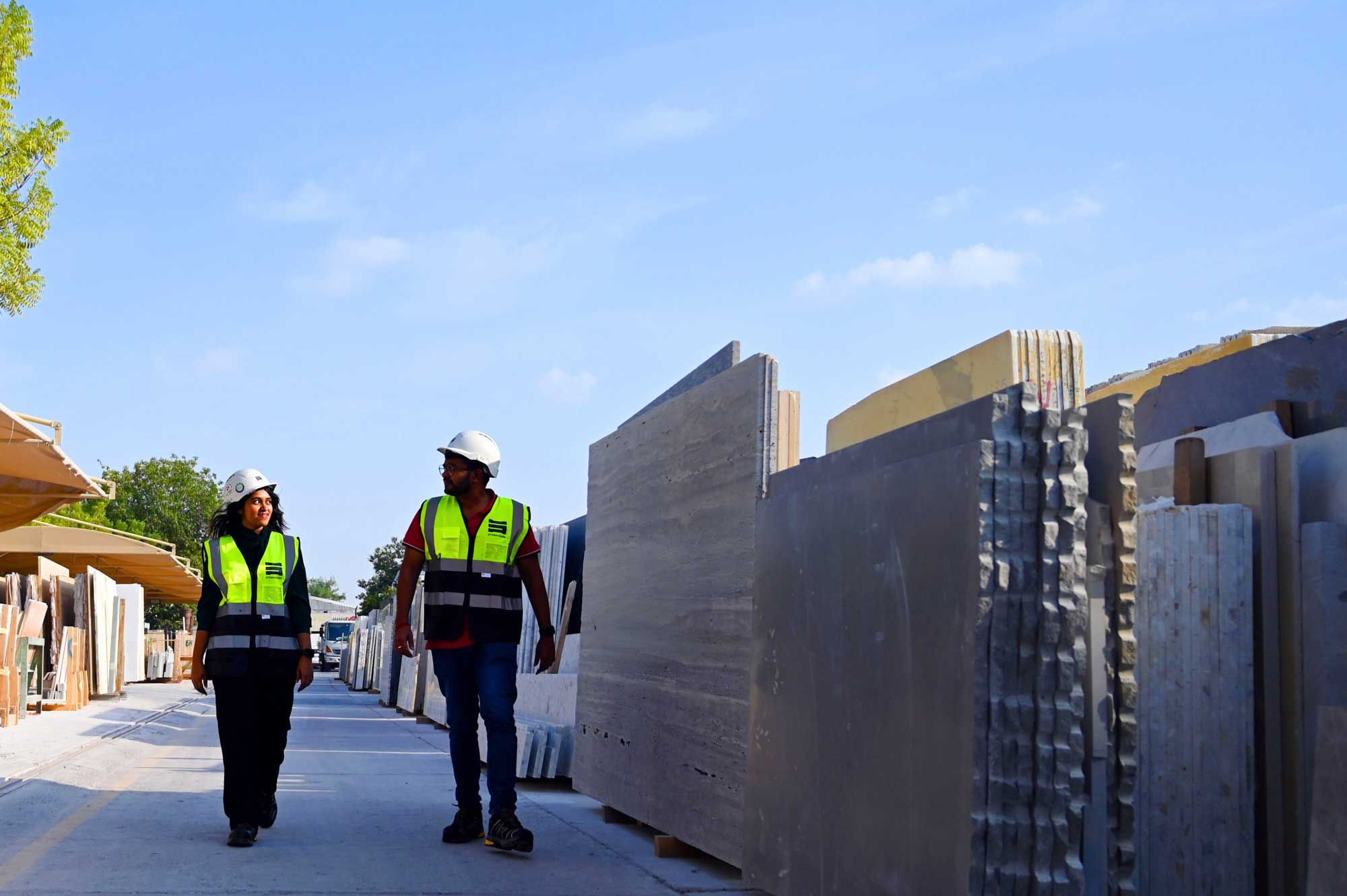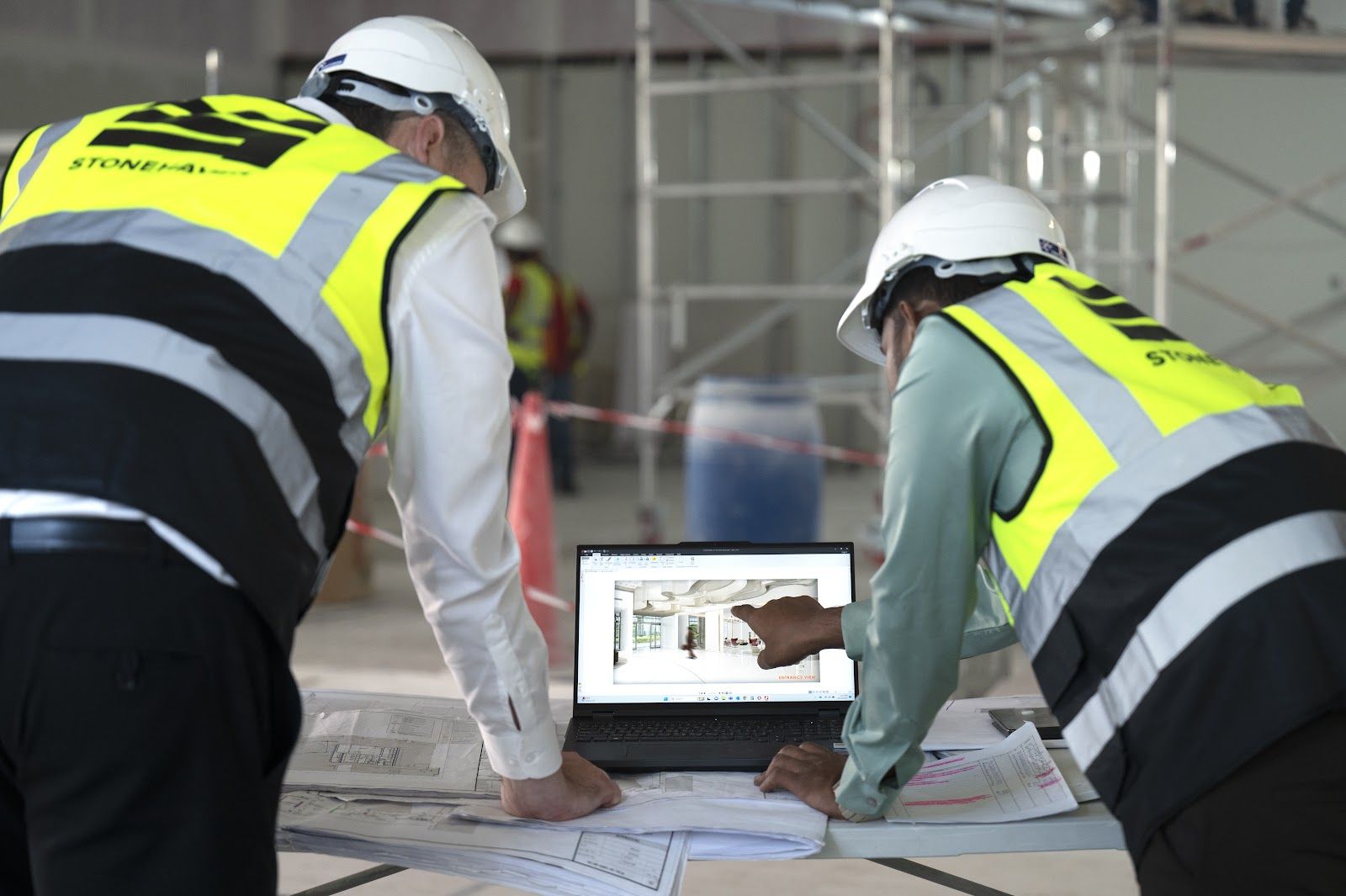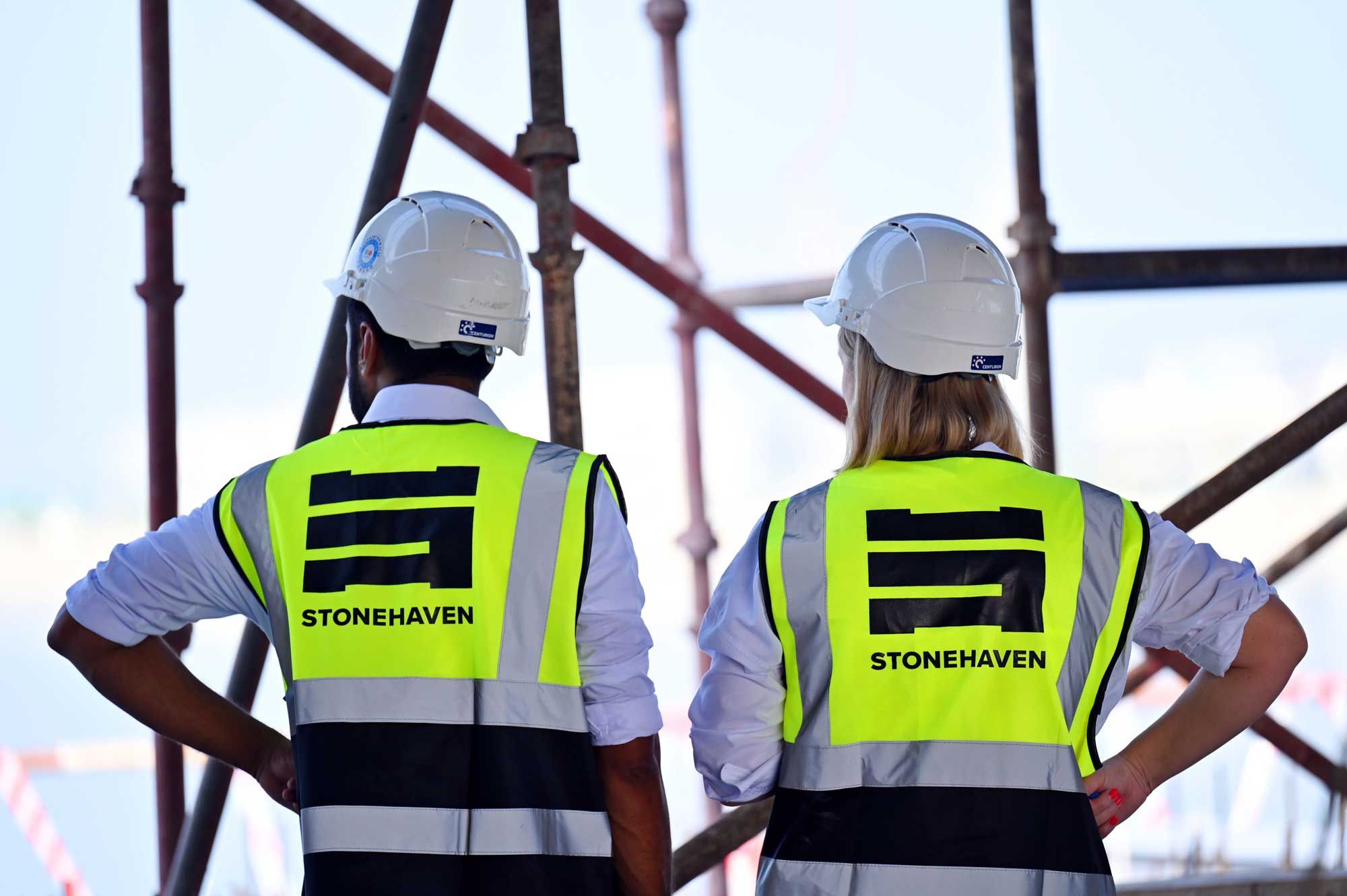Every summer, when the schools empty out and the city moves a little slower, Dubai starts digging.
Roadworks appear with predictable precision. School zones are resurfaced. Pedestrian crossings are upgraded. Junctions are reworked.
While most of the world sees summer as a construction dead zone, Dubai treats it as an opportunity. And for years, it worked.
The Off-Season Isn’t a Pause. It’s a Planning Window.
Most cities treat maintenance like a budget item or a backlog problem. But Dubai, famously fast-moving and infrastructure-forward has embedded maintenance into its seasonal rhythm. It works when roads are quiet, schools are closed, and commutes slow to a manageable hum.
The RTA regularly announces targeted road maintenance, junction upgrades, pedestrian crossing improvements, and school zone works during summer.
The results? Less public disruption. Faster delivery. And more visible urban care. This kind of timing shows what happens when infrastructure is planned around people.
The Climate is Shifting and Summer Isn’t As Friendly
This used to be a simple formula: Low traffic + open school zones = ideal construction window.
But in 2025, that logic is being tested.
Dubai summers are now regularly crossing 45 °C with pavement and material temperatures exceeding 60 °C. In response, the UAE government introduced a midday work ban from 12:30 PM to 3:00 PM between June and September, a measure designed to protect outdoor workers.
That means the real-world “workday” has shrunk even further. Effective construction hours are often limited to early morning and late evening, thermal stress on materials has increased, and traditional summer scheduling no longer suffices.
Summer is still a strategic season. But it’s no longer a forgiving one, it demands adaptation.
Why This Approach Isn’t As Simple As It Sounds
What makes Dubai’s strategy unique isn’t just the calendar, it’s the data behind it. Roadwork scheduling is shaped by:
● Traffic heatmaps
● School calendars
● Public mobility trends
● Holiday travel data
It’s a smarter way to schedule disruption using natural quiet zones in city life to deliver upgrades. It’s also a form of cost control: shorter commutes during work means lower societal costs, fewer complaints, and higher project trust. But here’s where the reality starts to shift.
The Heat Now Shapes How Projects Are Scoped
As climate conditions become more extreme and regulations more stringent, successful infrastructure delivery hinges on strategic rethinking. That includes:
● Prioritising night work schedules
● Leveraging off-site fabrication and modular solutions
● Building safety buffers into project timelines
● Modeling labour productivity dips due to heat bans
● Structuring procurement to avoid mid-season bottlenecks
Ignoring these new realities leads to rework, delays, and public frustration—a cost nobody can afford.
What This Means for Cost and Project Consultants
For consultancies like Stonehaven, this is a delivery equation. We have to model seasonal heat as a budget line. We stress-test programmes under midday bans.
We advise on procurement that’s robust, not just responsive. And we support contractors in creating phased scopes aligned with the hours they actually have.
This isn’t about finding workarounds, it’s about precision delivery in a changing climate.
The Bigger Picture: Maintenance as a Strategic Mindset
Dubai’s annual roadwork ritual is more than routine, it’s a quiet indicator of governance maturity. When work wraps before school starts, when heat’s disruption is anticipated, not lamented, that’s when road infrastructure becomes both functional and resilient.
It doesn’t happen by accident. It happens when someone's paying attention to climate, to people, to time. And those are the projects that last.
About Stonehaven
At Stonehaven, we understand that infrastructure delivery in the Middle East is no longer just a question of timing, it’s a question of strategy. As construction consultants and project managers in Dubai and across the GCC, we help government bodies, developers, and contractors adapt to evolving climate constraints, shifting regulations, and seasonal limitations.
Our role goes beyond planning; we model programme risk respecting midday work bans and safety of workers, advise on phased procurement strategies, and embed climate resilience into every scope. From road resurfacing and junction upgrades to large-scale infrastructure works, our approach ensures projects are delivered with foresight, not just speed.
Let’s plan your next road or infrastructure project with what it demands.
